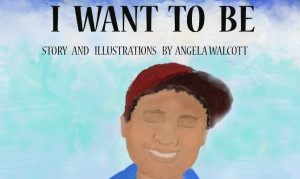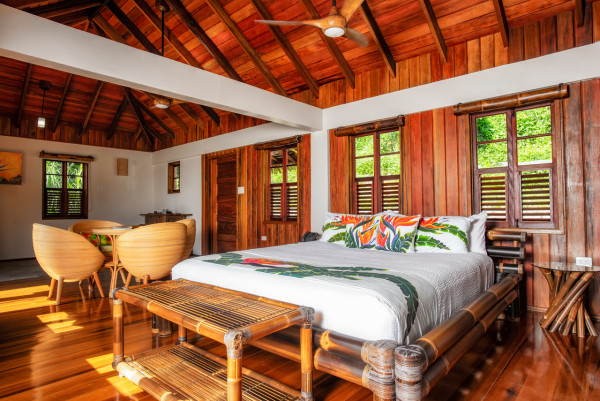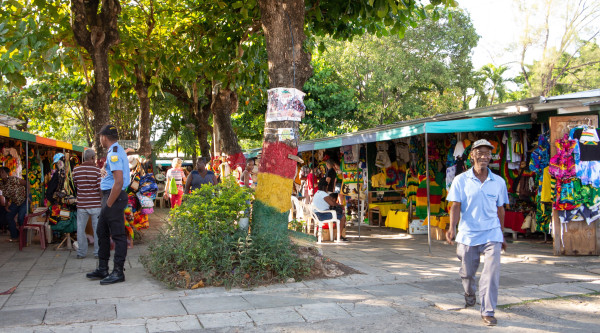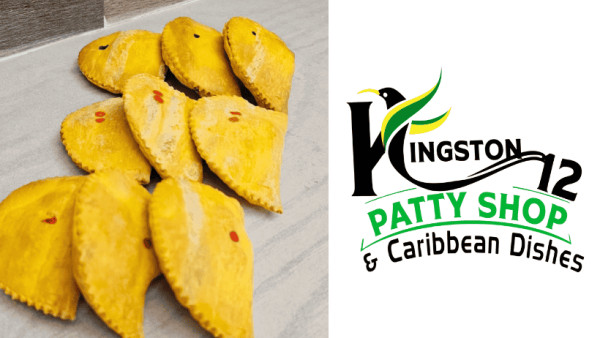A group of us standing in a circle, swaying from side to side, clapping our hands while one of our classmates skips around the circle "She looks like a sugar in a plum-plum-plum!"
I may not remember the words to a tee, but I remember the memories, the anticipation of wanting to be chosen by the cutest girl in the class. The fear of being chosen by the least cute girl in the class. It all comes back after turning page after page of RIDDIM & RIDDLES.
Owen 'Blakka' Ellis is an accomplished comedian, professor, actor and writer. In this body of work, he challenges your idea of what Jamaica is. You can only miss what he's saying if you have your eyes wide shut.
To the average North American the extent of Jamaican culture begins with Bob Marley, goes to beautiful beaches on the north coast, and ends with smoking some of the best herb you probably will ever experience. But the culture of Jamaica runs so much deeper than that. Ellis starts 'Just so', an expression that cannot really be translated, the closest iteration would be "take it or leave it", but that is also the first poem. Short, sweet, and brimming with Culture.
On a side-note, I actually don't like writing this review. Why you ask? I am glad you did! There are so many gems in this gargantuan yet small tome of a mere 69 pages, I feel like I won't do it justice by attempting to select just a few for reference. I began putting tabs to be able to go back to the poems and look what happened (see picture below.) The only reason there's not more is because I forced myself to stop marking the poems.
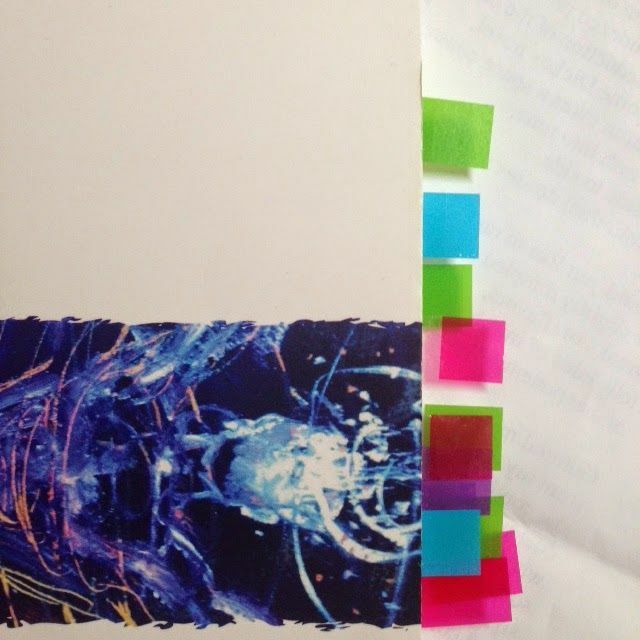
I took on the challenge.
So here goes...
As you delve into the selection of page turning poetry, you will arrive at 'ANANSI STORIES', a character in our history that I am particularly fond of. Ellis begins the piece "i actor, am contractor, translator, narrator, keeper of di clan, spirit from akan." This is an amazing line to me and stood out, because he is introducing you to the Anansi mythos, and in a metaphorical way he is introduces himself to you.
Not one to shy away from the 'conventional' rhyming couplet, if you listen deeply enough to the writing Ellis places on the page, you can hear the kette drum beating in the background. He takes you through a journey of revelation and revolution, growth and self-enlightenment. Finishing with the age-old adage "Jack Mandora, we noh choose none." A nod to the Honorable Louise Bennett, whom many Jamaicans who grew up in the 60's, 70's and 80's would watch during her story-time hour on JBC television.
In the poem 'MEN', Ellis explores issues with the images of Black males, specifically, issues Jamaican Black males have with themselves. This need to dominate and conquer which was engrained in the culture is critiqued, poetically. The damning of the over-sexualization of women is graphic, yet not. Face slapping, yet polite in the poem 'OBJECTIFIED' "Reduced to pleasures [...] she becomes nothing but breasts, bottom, vagina, vandalized by violent verbs..." This is an unexpected, but extremely gratifying surprise.
Jamaica is also known for it's misogyny and homophobia, many people argue it is not as widespread in Jamaica as the media would have us outside of the country believe. Yet in the dancehall music that comes out, various videos of random acts of violence recorded then broadcast on the Internet, and on occasion articles in the Gleaner or Observer, is a reminder that we as Jamaicans, still have a ways to evolve. With his book, Ellis adds another couple of titles to his already extensive list: feminist and humanitarian.
Owen 'Blakka' Ellis touches on so many things we all either do think or should think about on a regular basis: our place in society, death, childbirth and family, slut-shaming, bullying and fighting for yourself. And memories. Memories of your childhood. Several pieces are dedicated to those moments when you're in your school uniform, shoes scuffed up from running in the dirt, laughing and sweating, singing and skipping.
I don't want to give away too much of the book, you really need to pick up a copy. I will finish with an excerpt from: 'SMALL'
don't call me that
that shackling
strangling
squeezed-up frame
is a suffocating
shaming
suppressive name
don't try to belittle me
with words
you nuh have
anything small?
don't label big man
with your small talk
More info here.
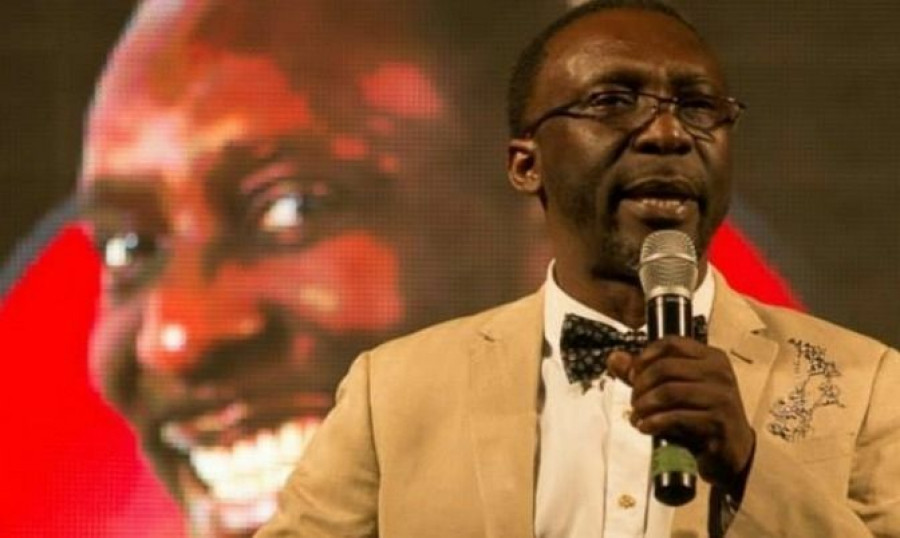





![[REVIEW] Blackstarline Book Club Review: Before You Suffocate Your Own Fool Self By Danielle Evans](/media/k2/items/cache/96bf577e2682bc7925dad067c2022909_S.jpg?t=20200818_204311)
